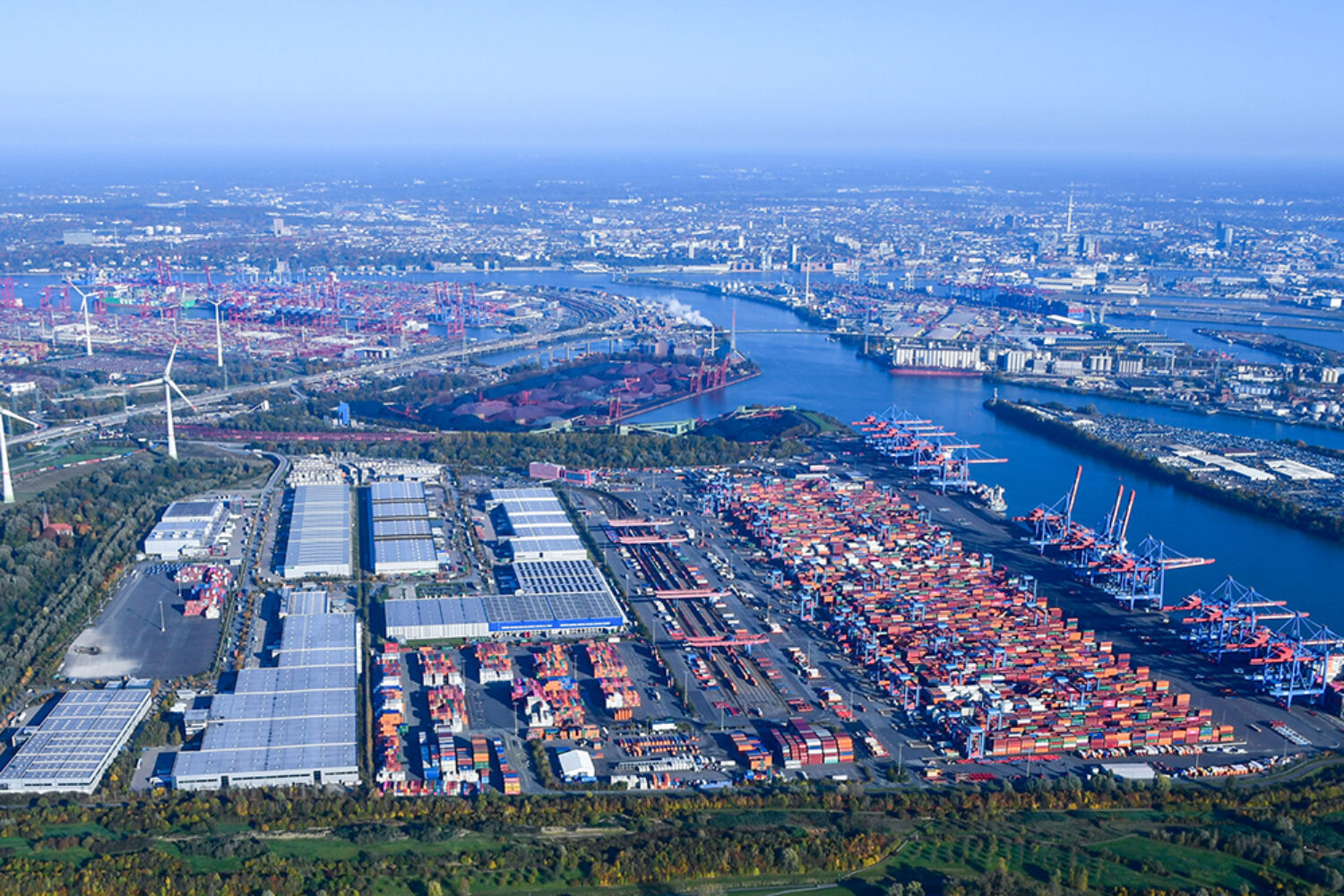With the election of the new Federal Chancellor, the IHK Nord — an alliance of Chambers of Industry and Commerce representing Northern Germany’s business community — has specific expectations of the Federal Government: Northern Germany needs a “decisive economic policy departure”.
As a key region for the energy transition, a logistics hub and a location for security-relevant infrastructure, the northern German states are dependent on stable and reliable framework conditions.
The focus here is on competitive electricity prices, the targeted use of special funds for infrastructure expansion and a significant acceleration of planning and approval procedures.
Ending competitive disadvantages in electricity prices
As a leading location for renewable energy generation, northern Germany bears central responsibility for Germany’s energy future – and is still being held back by disproportionately high electricity prices. “The current debate about a possible separation of electricity price zones must not end in political trench warfare,” said Alexander Anders, Managing Director of IHK Nord.
It is no longer just a simple decision between yes or no – what is needed is an answer to the question of how we want to shape the electricity system in Germany in the future. “What we need are fair price signals that take regional differences into account and do not penalize the north for its unique contribution to the energy transition,” says Anders.
Infrastructure: additional use of special funds
The IHK Nord also sees an acute need for action when it comes to infrastructure expansion: deficits in seaports, energy networks, transport axes and military logistics are not only endangering the northern German economy, but Germany as a whole. “If you want economic dynamism, you have to invest specifically in growth areas – and in many areas this is northern Germany,” Anders continues.
The IHK Nord demands:
-
The special fund must enable additional investments in the north and must not be used to finance existing projects.
-
Planning law must be reformed in order to significantly accelerate projects.
-
The port load compensation must be increased to €500 million per year and made inflation-proof.













